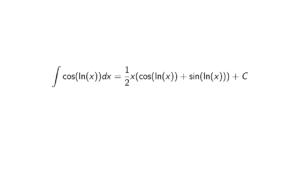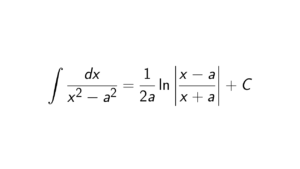Proof. Let f(x) = \coth(x) = \frac{\cosh(x)}{\sinh(x)} = \frac{e^x + e^{-x}}{e^x - e^{-x}}. Then
\begin{align*}
f'(x) &= \lim_{h \rightarrow 0} \frac{f(x+h) - f(x)}{h} \\
&= \lim_{h \rightarrow 0} \frac{\coth(x + h) - \coth(x)}{h} \\
&= \lim_{h \rightarrow 0} \frac{\frac{e^{x + h} + e^{-x-h}}{e^{x + h} - e^{-x-h}} - \frac{e^x + e^{-x}}{e^x - e^{-x}}}{h} \\
&= \lim_{h \rightarrow 0} \frac{\frac{(e^{x + h} + e^{-x-h})(e^x - e^{-x}) - (e^{x + h} - e^{-x-h})(e^x + e^{-x})}{(e^{x + h} - e^{-x-h})(e^x - e^{-x})}}{h} \\
&= \lim_{h \rightarrow 0} \frac{(e^{x + h} + e^{-x-h})(e^x - e^{-x}) - (e^{x + h} - e^{-x-h})(e^x + e^{-x})}{h(e^{x + h} - e^{-x-h})(e^x - e^{-x})} \\
&= \lim_{h \rightarrow 0} \frac{e^{2x + h} - e^{h} + e^{-h} - e^{-2x-h} - e^{2x + h} - e^{h} + e^{-h} + e^{-2x-h}}{h(e^{x + h} - e^{-x-h})(e^x - e^{-x})} \\
&= \lim_{h \rightarrow 0} \frac{-2e^{h} + 2e^{-h}}{h(e^{x + h} - e^{-x-h})(e^x - e^{-x})} \\
&= \lim_{h \rightarrow 0} \frac{2}{(e^{x + h} - e^{-x-h})(e^x - e^{-x})} \cdot \lim_{h \rightarrow 0} \frac{- e^{h} + e^{-h}}{h} \\
&= \frac{2}{(e^{x} - e^{-x})(e^x - e^{-x})} \cdot \lim_{h \rightarrow 0} \frac{- e^{h} + e^{-h}}{h} \\
&= \frac{2}{(e^{x} - e^{-x})^2} \cdot \lim_{h \rightarrow 0} \frac{- e^{h} + e^{-h}}{h} \\
\end{align*}\begin{align*}
\lim_{h \rightarrow 0} \frac{e^{h} - e^{-h}}{h} &= \lim_{h \rightarrow 0} \frac{- e^{h} - 1 + 1 + e^{-h}}{h} \\
&= - \lim_{h \rightarrow 0} \frac{e^{h} - 1}{h} + \lim_{h \rightarrow 0} \frac{e^{-h} - 1}{h}
\end{align*}\begin{align*}
- \lim_{h \rightarrow 0} \frac{e^{h} - 1}{h} - \lim_{h \rightarrow 0} \frac{e^{-h} - 1}{h} = - 1 + (-1) = -2.
\end{align*}\begin{align*}
\frac{2}{(e^{x} - e^{-x})^2} \cdot \lim_{h \rightarrow 0} \frac{-e^{h} + e^{-h}}{h} = \frac{2}{(e^{x} - e^{-x})^2} \cdot -2 = -\frac{2^2}{(e^{x} - e^{-x})^2}
\end{align*}\begin{align*}
f'(x) = -\frac{2^2}{(e^{x} - e^{-x})^2} = -\text{csch}^2(x)
\end{align*}

